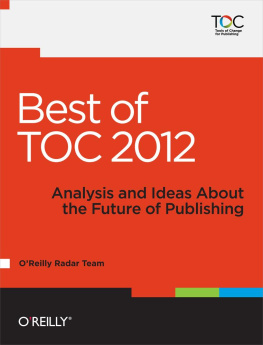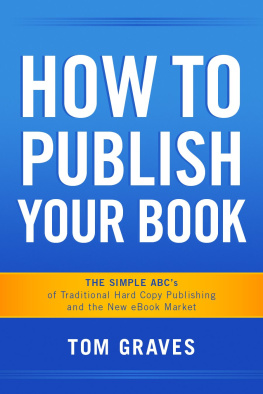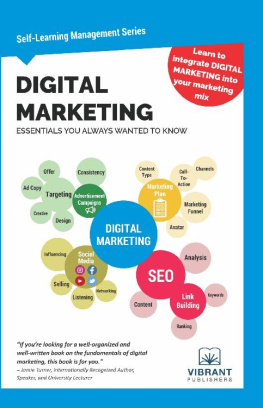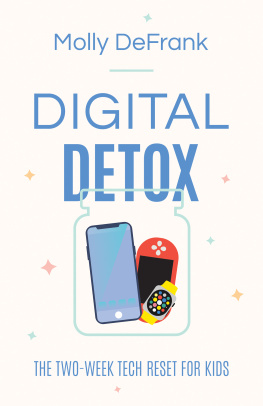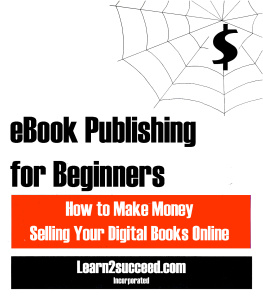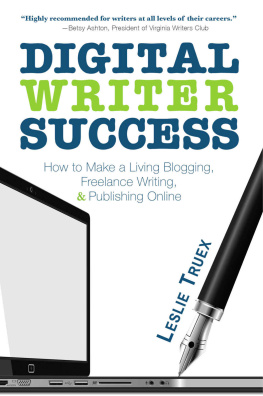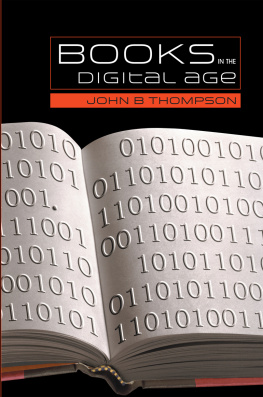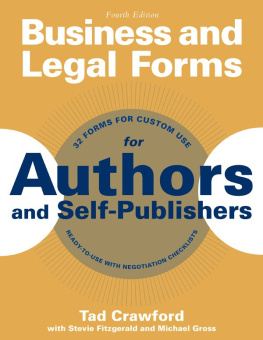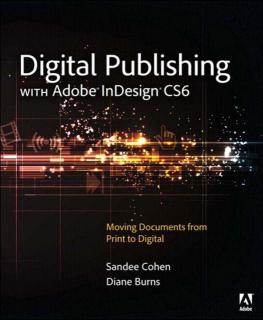Welcome to the Best of TOC 2012
The Best of TOC 2012 is a collection of the most important publishing-related content weve published on OReilly Radar over the last year (with a few exceptions). Our coverage spanned a wide range of topics, from legal issues to publishing tools to what we can expect down the road.
We dont set out to cover specific sub-domains of publishing. Rather, we take an organic approach to the topics and themes that emerge through our interviews and analysis. Thats why, as we look back, its interesting to see that many of our pieces naturally fit into the following segments.
The adaptation of publishing The disruption in publishing is just getting started. Journalists are experimenting with ebook options over traditional outlets, readers are wrapping their heads around the concept of paperless books, and authors are wondering if they even need publishers.
Digital publishing and the legal landscape The emerging global market for books is stirring up all sorts of legal questions concerning copyright, public domain and digital publishing rights for authors and publishers. Existing laws are slowly adapting to new media platforms as well.
Publishing tech and tools Digital publishing is requiring tech education for everyone, from publishers to authors to readers. In addition, the rise of mobile is driving the development of publishings next toolset.
The edge of publishing Adaptation to a new publishing landscape starts with a change in thinking not only in how we think about technology and books as objects, but in how we define our various roles and how we choose to collaborate.
We hope youll join us as we continue to explore the future of publishing through Tools of Change for Publishing events, the TOC webcast series, and our ongoing coverage at radar.oreilly.com/publishing.
Chapter 1. The Adaptation of Publishing
A War Story, a Kindle Single, and Hope for Long-Form Journalism
By Jenn Webb
Across the board, news organizations and publishers are struggling to find business models that let them stay afloat through the digital transformation. Journalists are a common casualty, with those who work in specialized areas encountering a market thats particularly inhospitable.
Marc Herman (@Marc_Herman_), a freelance journalist (notably for The Atlantic), is testing out a new solution: cut out the intermediary and sell the story directly to the readers. He recently took his long-form story, The Shores of Tripoli, and turned it into a $1.99 Kindle Single. In the following interview, Herman talks about the Kindle Single experience and how he sees the future of journalism playing out.
What is it like to write a Kindle Single?
Marc Herman: Writing The Shores of Tripoli was harder than writing a traditional magazine feature. Its a demanding form. Its like a small book, and you have to write it really, really fast. Dave Blum at Amazon told me a reporter who did a Single on Occupy Wall Street wrote it in two days. Thats freakishly fast, Usain Bolt-type stuff. To give you an idea, the average story you read in a magazine like National Geographic is 3,000 to 6,000 words long. The Shores of Tripoli was 12,000 (the first draft was 18,000). And it has to be written well the reporting has to be of a very high professional standard, or its just hackery.
In terms of production, the Single was more like a magazine story than a book. The news cycle mattered more than it does for a book. I had to respond to Qaddafis death, for example, in real time. After returning from Libya, I happened to be in New York, and I looked up at that famous news ticker and it said, Qaddafi killed. Thats how I learned about the war ending. I have to confess, I had a very narcissistic response to Qaddafis death: To me, the headline read, Qaddafi killed; and in other news, Marcs deadline moved up two weeks.
Why did you price The Shores of Tripoli at $1.99?
Marc Herman: Most Singles are priced between $0.99 and $2.99. The guy who runs Singles said $2.99 only seems to work with brand-name authors. Youre buying the Single because youll buy anything by Stephen King or Amy Tan, not because that particular theme or story caught your eye. I went for $1.99 and not $0.99 because it seemed to me anything youll spend a buck for youll also spend two bucks for. Three bucks starts feeling like the price of lunch to me.
Did the royalty factor in your decision?
Marc Herman: The royalty isnt something I thought about too much, but it turns out to be a further wrinkle. Amazon pays a 35% commission for everything priced under $2.99. It offers a much better royalty 70% above $2.99. But only a handful of very well-known authors have found success at $2.99. So what to do? Fortunately, I was able to get a deal in which I get the 70% cut at the lower $1.99 price. Thats a special deal for being part of Amazons curated program, for which I was fortunate to have the story selected. My agent set that up.
Its a big question for the future, I think. Lots of people want the $1.99 price because it seems to be proving to be the sweet spot. But at 35%, I have to sell twice as many copies to make the same money. The royalty doesnt change as sales increase, like they did under deals with legacy publishers.
For journalism, the royalty issue will probably encourage me to do one of two things. You cant expect the sweet deal from Amazon more than once or twice because its not in their interest, unless youre Stephen King. So, for non-fiction, youd want to write shorter, faster, punchier stuff, even more closely timed to the news cycle more like magazine stories then price them at $0.99. If you produce good stuff at a pace thats roughly the same as that of a monthly magazine three or four big stories a year youd have a shot at making up the lower royalty on each item by producing more titles, and ideally having fans who bought them all. Four would cost the same as a single copy of, say, the New Yorker, right?
The other way it might change is as the market evolves, viable rivals to Amazon may emerge and target that two-tier royalty scheme as a weak spot. In this space, an entity such as Barnes & Noble could compete for the best work just by offering 70% at any price point, no questions asked. Well see.

